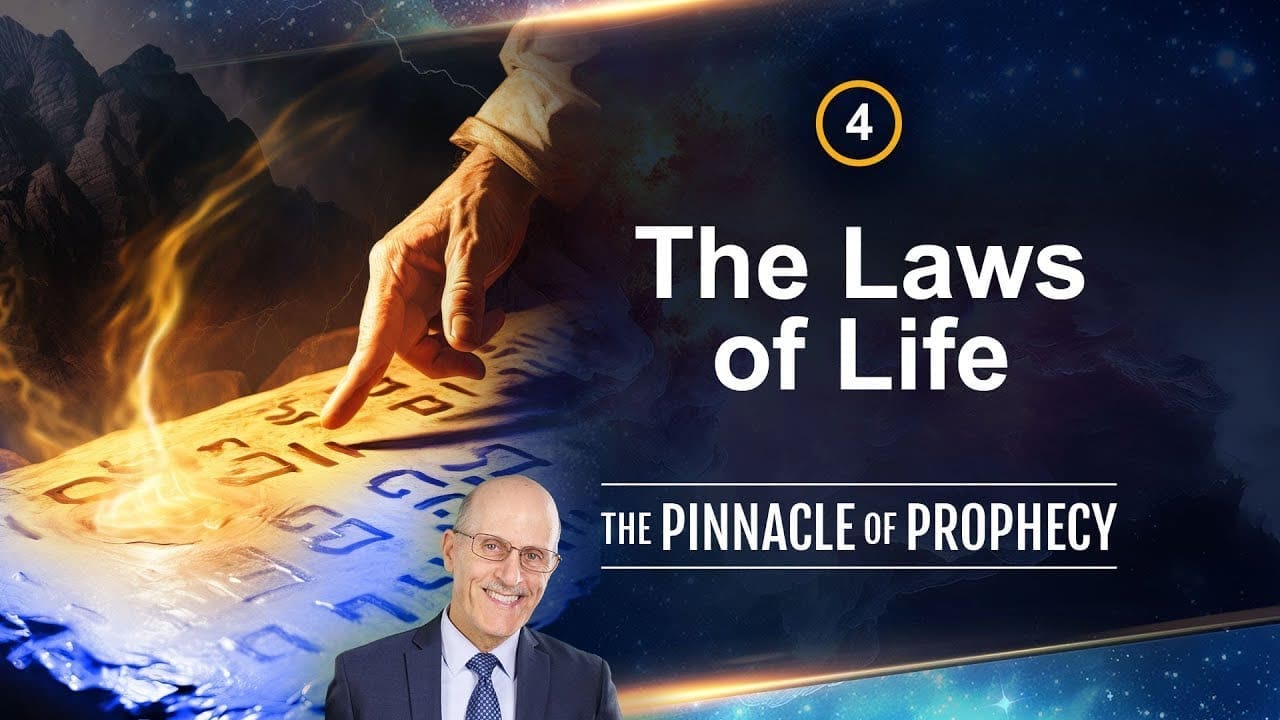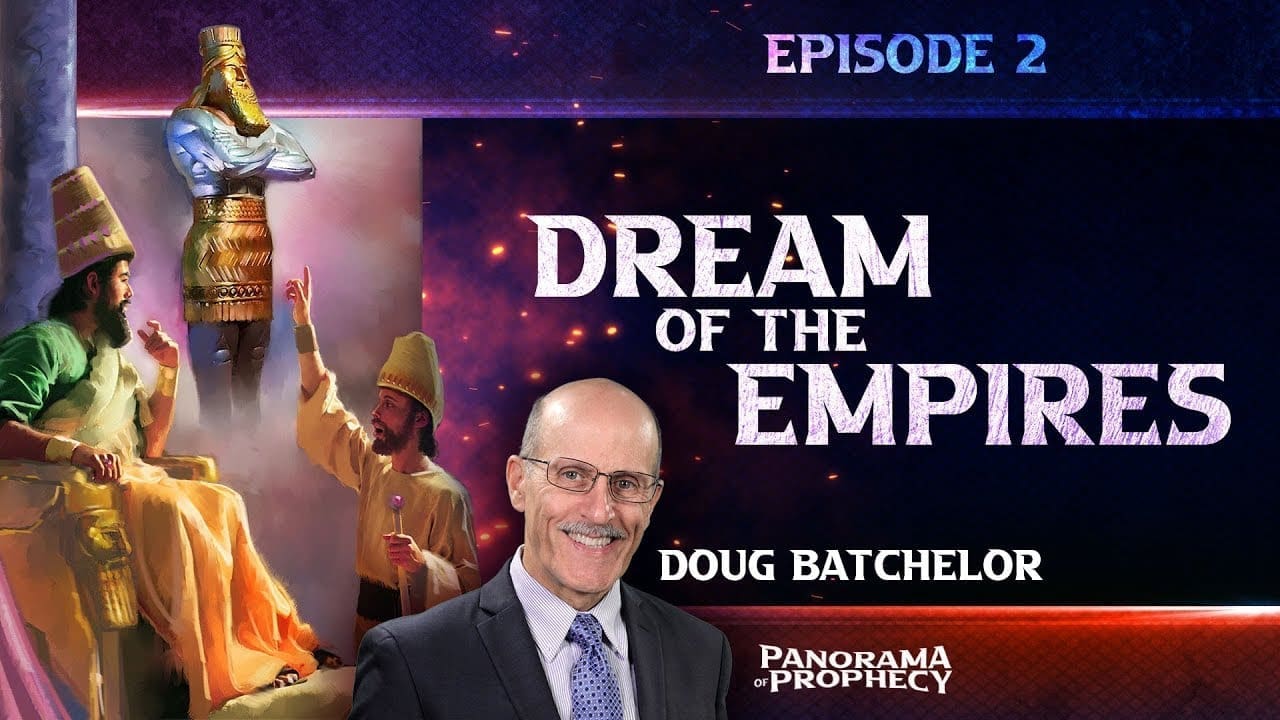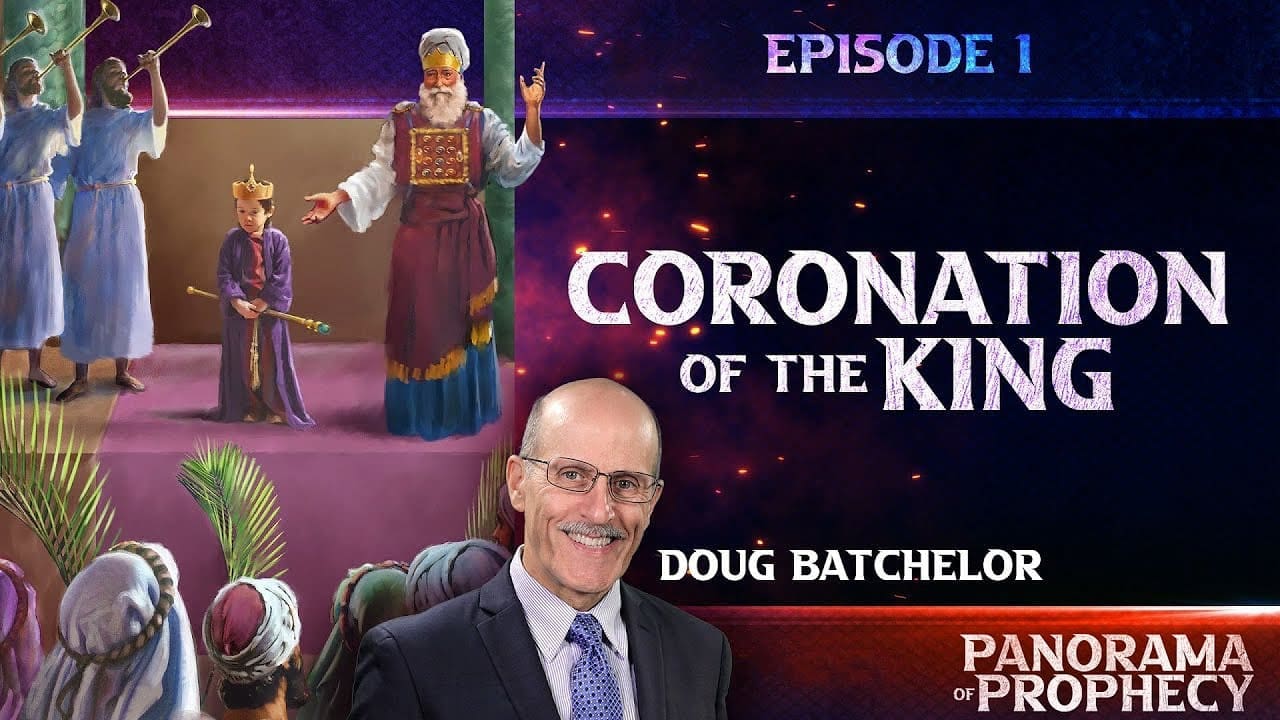The points you’ve presented highlight the fact that the Sabbath is not exclusive to the Jewish people but has a universal significance. The Sabbath was established by God at the beginning of creation, before there was a Jewish nation, and it is intended for all of humanity. Here are some additional thoughts related to the points you’ve made:
- Adam and Eve, as the first human beings, were not Jewish. God sanctified the seventh day and set it apart as a day of rest and worship before sin entered the world. This demonstrates that the Sabbath is a universal institution for all people.
- Jesus Himself affirmed that the Sabbath was made for humanity, not just for the Jewish people. It was given as a blessing and a gift to mankind, emphasizing its universal nature.
- The Ten Commandments, which include the Sabbath commandment, were given by God to all people, not just to the Jewish nation. The moral principles expressed in the commandments are applicable to everyone, regardless of their cultural or ethnic background.
- God refers to the Sabbath as His holy day, emphasizing its divine origin and significance. It is not exclusively linked to the Jewish people but is meant to be observed by all who worship and honour God.
- The Sabbath commandment explicitly includes “the stranger” or “foreigner” in its scope. This demonstrates that Sabbath observance extends beyond the Jewish community and includes Gentiles as well.
- Isaiah prophesied that Gentiles would also keep the Sabbath and worship God in the future. This further emphasizes the universal nature of the Sabbath, extending its observance to people of all nations and backgrounds.
- The Bible reveals that in the new earth, all flesh will come to worship God from one Sabbath to another. This future reality reinforces the idea that Sabbath observance is not limited to a specific group but is intended for all people throughout eternity.
- There are instances in the book of Acts where Gentiles, who were saved by God’s grace, observed the Sabbath and gathered for worship alongside Jewish believers. This demonstrates that Sabbath observance was not restricted to the Jewish community but extended to Gentile believers as well.
- The law, including the Ten Commandments, is applicable to all people, not just the Jewish nation. The apostle Paul emphasized this truth in his writings, making it clear that the law speaks to the entire world.
- Luke, a Gentile writer of the New Testament, provides evidence of Sabbath observance. His inclusion of Sabbath activities in the narrative shows that Sabbath-keeping was not limited to the Jewish community but also embraced by Gentile believers.
These points collectively support the understanding that the Sabbath is not solely a Jewish institution, but a universal and timeless commandment given by God for the benefit and blessing of all people.













